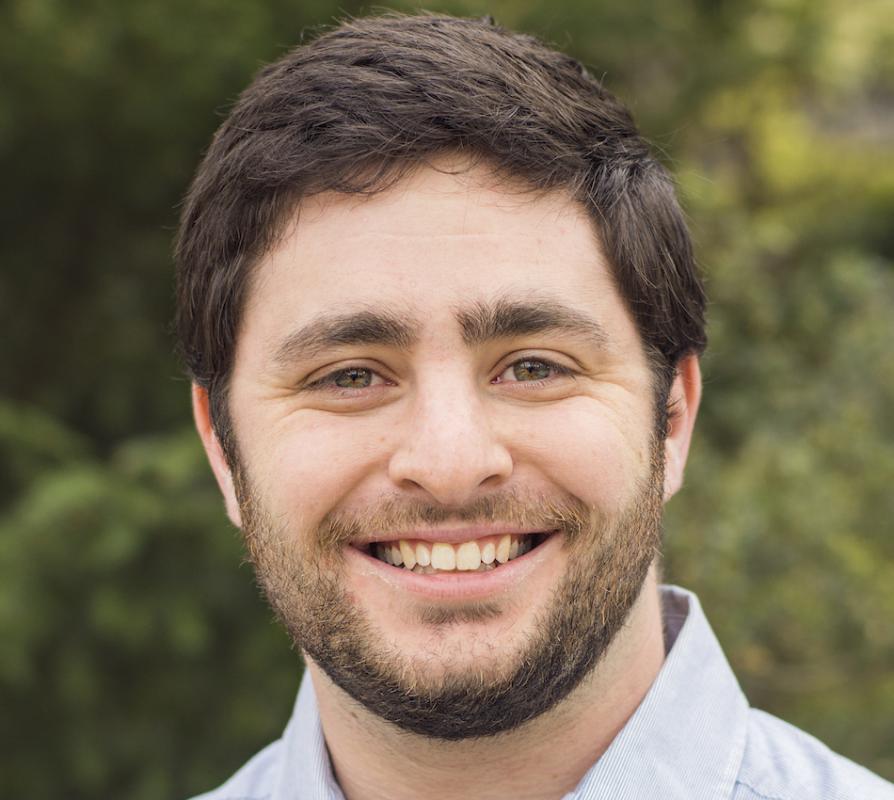History
Germany

Where are you now? What are you doing, and what does your work involve?
I am living in Chicago and working as a social studies teacher. I teach World History, Political Science, U.S. History, and a History of the Americas, an 11th-grade International Baccalaureate history course. This is my first year as a full-time teacher.
How have you drawn on your experience in the Writing Center since graduating?
My incredibly positive experience working with peers in the Writing Center played a significant role in my decision to pursue a career in education. Today, I seek to bring the student-first approach emphasized in the Writing Center (as well as some of the resources offered on the website!) into my classroom. My time in the Writing Center also helps me communicate with my students more effectively. The attention we paid to the way we construct arguments, signpost shifting ideas, and participate in debate and conversation within the academic discipline helps shape the way I design my curricula, lectures, and classroom activities.
How did you come to your current position? What have you done since graduating?
Like many members of my Writing Center class, I spent the first year after graduation abroad – in my case, teaching English in a small city in Germany. After returning to the U.S., I briefly worked in a communications role but soon realized how much I wanted to be back in the classroom. I enrolled in a graduate program at Northwestern University toward an M.S. in education and social policy, which I completed in June of 2018.
What role does writing have in your daily life and work?
As a history teacher, I spend a great deal of time each day reading my students’ writing and providing feedback. (That written feedback is itself a challenging form of written communication!) While I do not write many essays myself, the materials I create for students to engage with benefit from using the principles of strong writing and communication that I learned through my time in the Writing Center.
What’s something you’ve learned about writing that you’d like to share with Haverford writers?
Since graduating, I have had the opportunity to write for explicitly political purposes in a couple of different positions, doing both professional and volunteer work in communications. These roles have helped me better understand the importance of knowing what audience I am writing for and writing to be understood by that audience. (This is, of course, a lesson I have learned primarily through situations in which I have failed to make myself understood to my audience.) That does not mean, though, that one should stop striving to write beautifully and with a sense of urgency. Clarity, beauty, and urgency complement one another.